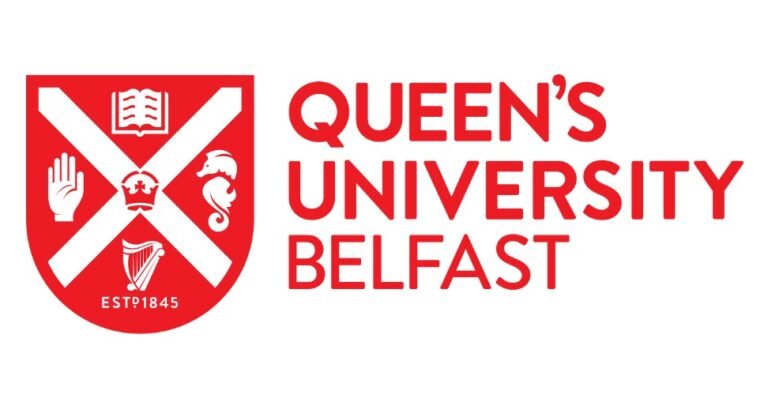Overview
This PhD project aims at designing novel signal processing with the aid of machine learning techniques to improve the security for cell-free massive MIMO systems, which is expected to have significant impact on the development of 6G wireless networks.
In conventional cellular wireless networks, a land area is divided into regular shaped cells (e.g., hexagonal, square, or circular). Each cell is served by one base station, and uses a different set of frequencies from neighboring cells, to avoid interference. By contrast, in this PhD project, we are targeting a disruptive and novel technology called “cell-free massive MIMO”. This novel technology has recently attracted a lot of attention from both academia and industry (e.g. Ericsson, Nokia Bell Labs, Huawei, etc.). In cell-free massive MIMO, a number of access points, which are distributed at random in a very wide area (e.g. over an entire city), serve simultaneously many users randomly distributed in the same area. This technological paradigm is expected to offer many advantages compared with the conventional wireless systems: 1) huge throughput; 2) huge energy efficiency; 3) and high coverage probability. Thus, cell-free massive MIMO is a disruptive technology for next generations of densified wireless systems.
Secure communication in wireless systems is of particular importance. Owing to the broadcast nature of the wireless channel, the signals transmitted in cell-free massive MIMO systems can be overheard by an eavesdropper. In order to maintain a required level of privacy, physical-layer techniques with appropriate signal processing schemes should be deployed. These techniques normally require some information from the eavesdropper such as the location and channel state information. This is very challenging. Using machine learning techniques to learn information from the eavesdropper is a promising technique.
In this PhD project, we will focus on the design of cell-free massive MIMO including the machine learning techniques together with signal processing algorithms to ensure reliable and secure communications. Cell-free massive MIMO is expected to be one of the key technologies for next generation (beyond 5G and towards 6G) wireless systems. Thus, the research outputs of this project will be of high impact to both academia and industry. The students working on this project will have chances to collaborate with big research groups who are developing new technology for beyond 5G wireless systems.
Funding Information
To be eligible for consideration for a Home DfE or EPSRC Studentship (covering tuition fees and maintenance stipend of approx. £19,237 per annum), a candidate must satisfy all the eligibility criteria based on nationality, residency and academic qualifications.
To be classed as a Home student, candidates must meet the following criteria and the associated residency requirements:
• Be a UK National,
or • Have settled status,
or • Have pre-settled status,
or • Have indefinite leave to remain or enter the UK.
Candidates from ROI may also qualify for Home student funding.
Previous PhD study MAY make you ineligible to be considered for funding.
Please note that other terms and conditions also apply.
Please note that any available PhD studentships will be allocated on a competitive basis across a number of projects currently being advertised by the School.
A small number of international awards will be available for allocation across the School. An international award is not guaranteed to be available for this project, and competition across the School for these awards will be highly competitive.
Academic Requirements:
The minimum academic requirement for admission is normally an Upper Second Class Honours degree from a UK or ROI Higher Education provider in a relevant discipline, or an equivalent qualification acceptable to the University.
Entrance requirements
Graduate
The minimum academic requirement for admission to a research degree programme is normally an Upper Second Class Honours degree from a UK or ROI HE provider, or an equivalent qualification acceptable to the University. Further information can be obtained by contacting the School.
International Students
For information on international qualification equivalents, please check the specific information for your country.
English Language Requirements
Evidence of an IELTS* score of 6.0, with not less than 5.5 in any component, or equivalent qualification acceptable to the University is required (*taken within the last 2 years).
International students wishing to apply to Queen’s University Belfast (and for whom English is not their first language), must be able to demonstrate their proficiency in English in order to benefit fully from their course of study or research. Non-EEA nationals must also satisfy UK Visas and Immigration (UKVI) immigration requirements for English language for visa purposes.
For more information on English Language requirements for EEA and non-EEA nationals see: www.qub.ac.uk/EnglishLanguageReqs.
If you need to improve your English language skills before you enter this degree programme, INTO Queen’s University Belfast offers a range of English language courses. These intensive and flexible courses are designed to improve your English ability for admission to this degree.



